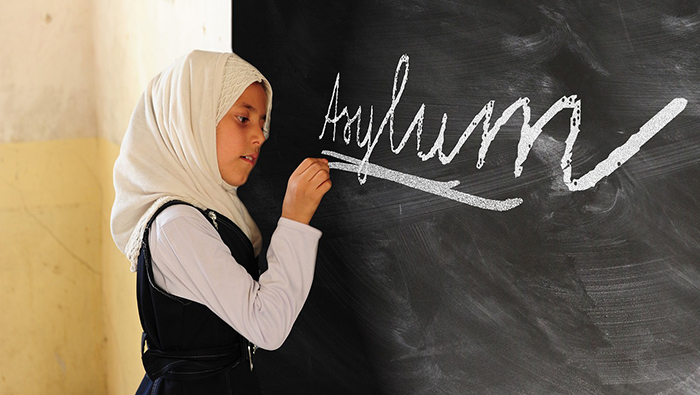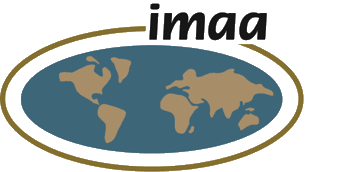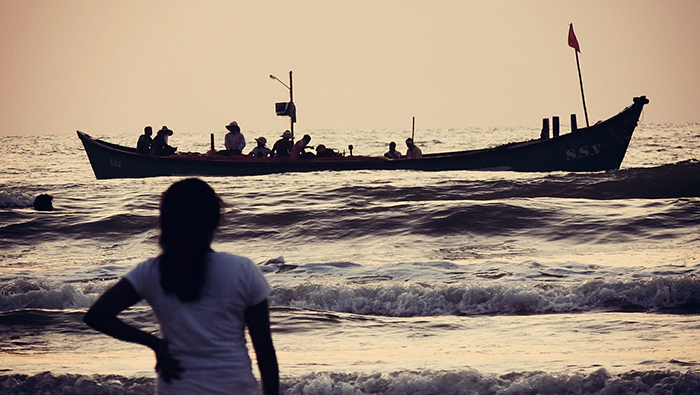The imagery of the mountains and landscape hit her on the drive from California to Minnesota. She realized that she can create opportunities for herself and that anything is possible in America. The feeling of enlightenment sticks with her to this day as a resemblance of her first feelings of freedom in a country that left her feeling lost when she first moved to the United States.
Nisha obtained her master’s degree and teaching license in India. She and her husband decided to move to the U.S. in 2000 after living in Dubai for a few years. Her husband received an H1-B visa, a type that is meant for special occupations. Nisha came to the U.S. with an H4 visa, a dependent spouse visa of an H1-B holder. An H4 visa holder was not allowed to work or obtain a driver’s license. It was not until 2015 that President Barack Obama signed legislation that allowed H4 visa holders to work. Nisha took advantage of the opportunity, which we will get to later. Because of her visa limitations, she spent most of her days in a small apartment with her son, an experience that tested her mental and emotional health. The experience became so defying that Nisha and her husband almost decided to move back to India. However, they decided to stay and stick it out.
Let’s return to the image of the mountains and landscape. Nisha’s husband soon got a job offer in Minnesota. The family of three made a trip to the Land of 10,000 Lakes for the next few months. The moment of enlightenment continued after arriving in Minnesota. Nisha felt more settled and inspired to explore the city. By this time, her two older sons were in school. She found a volunteer opportunity at Catholic Charities assisting refugees with resettlement and integration into the community. The experience opened her eyes more to the system, and the critical role that volunteers play. Her experience with Catholic Charities and other organizations helped to meet new people, which led to new and inspiring opportunities.
In 2012, after her youngest son started Kindergarten, she went back to school to pursue her degree in Social Work at Winona State University – Rochester. Her advisor suggested that she should do her internship at IMAA, with the Victim Services Program. Nisha has been involved with IMAA ever since. After graduating with her degree, she was hired on to continue working in the Victim Services program, where she currently manages the program. Nisha’s commitment to IMAA’s mission is reflected daily in her work. She feels fortunate to have found her place in Rochester and is driven to empower women to overcome their circumstances and become anyone they imagine themselves to be.
She says, “This job gives me an opportunity to address my own strengths and weakness. I feel that the struggles and woes of humanity are the same anywhere- whether it is in the East or West. It is not always easy to find solutions to human woes and most often, the outcome may not be what you expect. You need to think out of the box and be creative.”

The International Refugee Crisis
Current figures reflect that a staggering 65.3 million people were forced to leave their homes in 2016 alone (according to UNHCR), the highest recorded level of human displacement in modern history. Nearly 21.3 million of those displaced are refugees, over half of whom are 18 years old or younger. Due to a multitude of ongoing conflicts, wars, and genocides plaguing communities all around the world, this overall increase in the refugee population is now internationally recognized as a global humanitarian crisis. Conflicts currently plaguing zones in Syria, Iraq, and the South Sudan (just to name a few), create unimaginable and unlivable conditions for families, forcing them to flee and seek asylum. Escaping the immediate threat of war or persecution is merely the first step in the long and grueling process of resettlement. From navigating the social and cultural constructs of the geographic locations that lie ahead for them, to maintaining good health and obtaining steady income, refugees and immigrants face a multitude of challenges during this transitional period.Finding Permanent Resettlement
Many displaced communities find relief as they are brought into refugee camps, however these temporary settlements are not designed to accommodate large numbers of asylum-seekers for long periods of time. According to the International Journal for Emergency Medicine, refugee populations tend to have worse health indicators than the communities from which they fled. In fact, due to often dense and unsanitary living conditions, refugees are at the highest risk of death and disease after reaching this first refugee displacement camp. There is a global initiative to transfer people from refugee camps into permanent, safe communities, where they can enjoy the freedom and opportunity to prosper, free from conflict, violence, and unsanitary conditions. However, many displaced communities often face serious social and economic barriers when they are placed into more permanent communities in hosting countries. Some of these barriers include language, labor and employment-related skills, and culture differences that can limit the achievement of refugees and their families. As the need for vocational training and social services in hosting countries has become more dire than ever, organizations that provide support, education, and employment assistance to refugee populations have become pivotal in responding to this international humanitarian crisis. With 85,000 refugees entering the United States during the current fiscal year, it is imperative to set up networks of support, training, and education for these people to help them lead healthy and productive lives.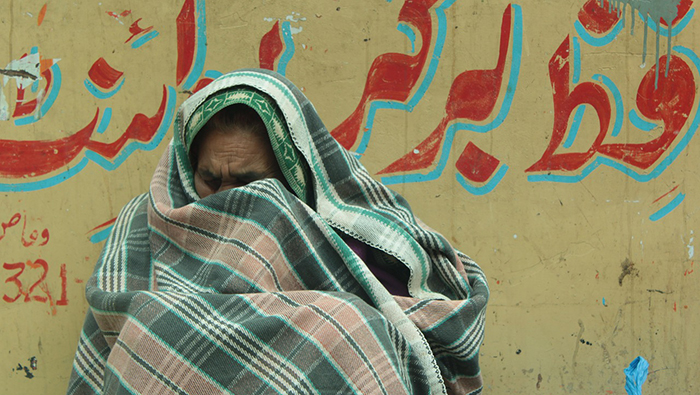
Frustrations Felt by Refugees and Immigrants
Many social and cultural challenges are faced by refugees and immigrants that not only pose a threat to good health, but are often difficult to overcome due to language barriers. When immigrants are victims of crime such as human trafficking, it can be near impossible to reach out for help if such people do not know where to turn. Having no previous work experience in the United States makes it hard to receive recommendations and reputability, so obtaining steady work can be a difficult challenge as well. Located in Rochester, Minnesota, the Intercultural Mutual Assistance Association (IMAA) recognizes these frustrations and struggles that are faced by the many communities that come to this region to find a new home and a new beginning. By building bridges between cultures and providing invaluable transitional support, our assistance helps refugees and immigrants lead healthier, happier lives during this time of great need.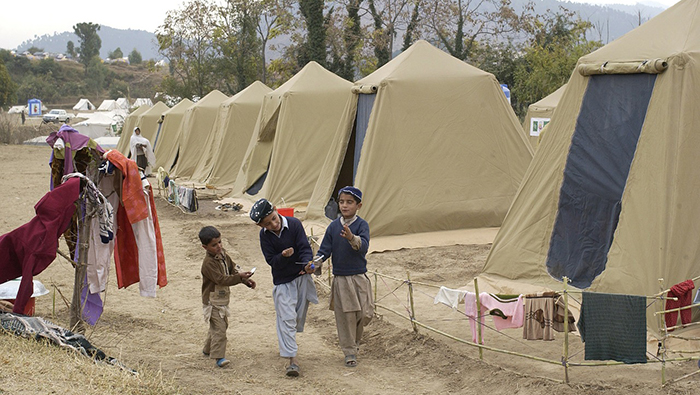
Our Mission Is To Provide Support
IMAA responds to the immediate refugee crisis by providing aid and support to thousands of refugees resettling from war-torn Southeast Asia. This organization was founded as a nonprofit in 1984, and responds to the complex needs of refugees by providing a diversity of necessary services, including health care access, victim services, and vocational training. Supported by public and private grants, individual contributions, and service fees, IMAA has been successful in helping 376 refugees find employment, and over 1,200 navigate the complexity of health, language, and legal services, last year alone. In response to the need for translational services alone, IMAA provided over 16,800 hours to immigrants this past year, aiding in the navigation of important networks such as the healthcare system, employment assistance, and finding housing. In addition to local events hosted by IMAA to raise awareness of the global refugee crisis, IMAA also runs the Walk Around the World event every year to commemorate the World Refugee Day on June 20th. By raising regional and global awareness, recognizing the contributions of refugees and immigrants in our local communities, and inviting others to be engaged in these efforts, IMAA continuously furthers its mission of “building bridges between cultures.”